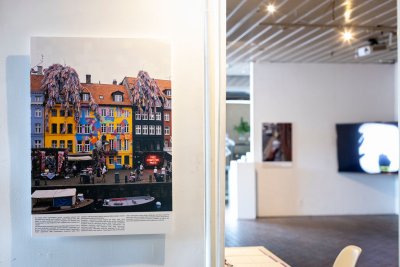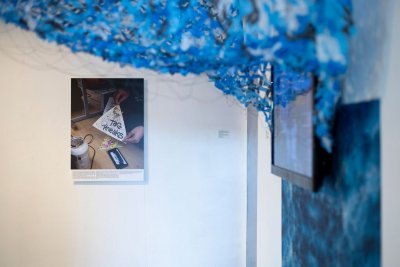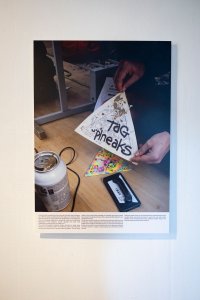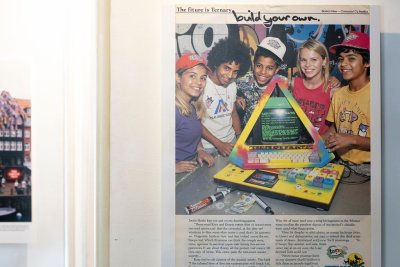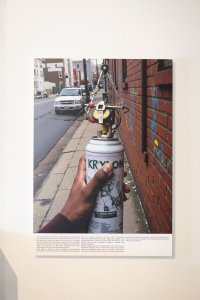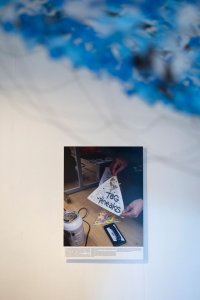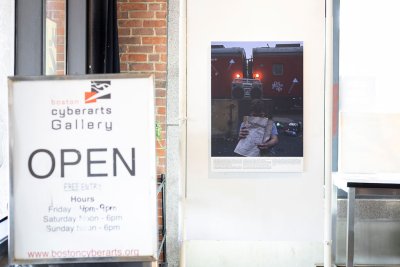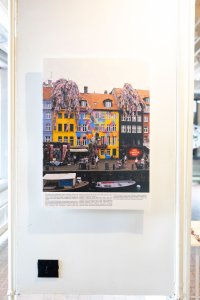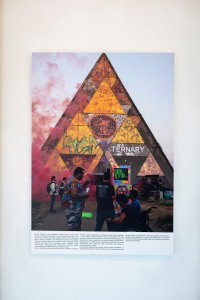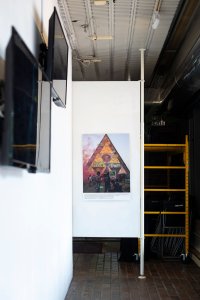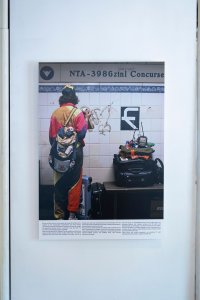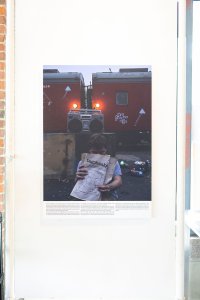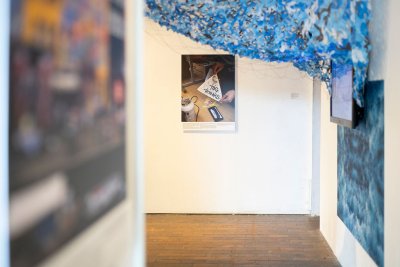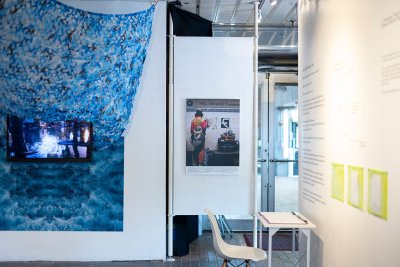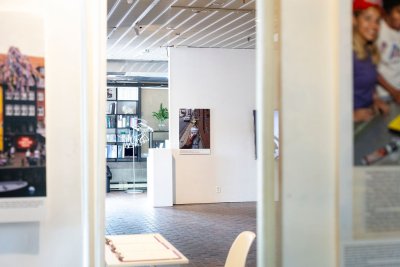Project Details
Diffused States imagines a counterfactual technological history in which graffiti and phone phreaking converged through the discovery that modified spray paint could interact with electromagnetic infrastructure. The project draws inspiration from the largely forgotten history of ternary computing—an alternative to binary systems that operates on three states: true, false, and unknown. Rather than corporate development, this speculative trajectory imagines ternary computing as evolving through grassroots cultures of experimentation and resistance.
Rooted in real-world precedents—from Nikolay Brusentsov’s Soviet-era Setun computer of the late 1950s to Donald Knuth’s theoretical reflections on balanced ternary—these systems once offered greater mathematical elegance and efficiency than their binary counterparts. Despite this, they were largely abandoned in favour of commercially driven binary architectures. Diffused States picks up this lost thread and reroutes it through urban counterculture, where spray-painted circuits become speculative carriers of three-state logic.
The title refers to multiple forms of diffusion: the technical process of algorithmic image generation; the physical dispersion of paint; and the informal, community-based spread of knowledge and technology. Spanning Copenhagen, Boston, Lexington, and Vancouver, the project combines AI-generated imagery with non-AI captions, creating a fragmented narrative around how conductive paint formulas might have emerged—from underground experiments to community-maintained infrastructures and locally adapted diffusion algorithms.
Working with AI models trained on biased data, the project explores how such systems can still be repurposed to imagine collective and collaborative futures. Drawing on Eve Kosofsky Sedgwick’s concept of reparative reading, Diffused States suggests that algorithms, even while reproducing distortions, can also be approached as tools for reimagining invention—not as instruments of surveillance or market consolidation, but as sources of joy, freedom, and shared ingenuity.
Diffused States was part of the Data Fluencies exhibition curated by Roopa, exploring the diverse ways artists engage with, resist, or reimagine data. The work presented a speculative interface for interacting with locally trained language models on recycled consumer hardware, quietly resisting the scale and speed of mainstream AI deployments.
